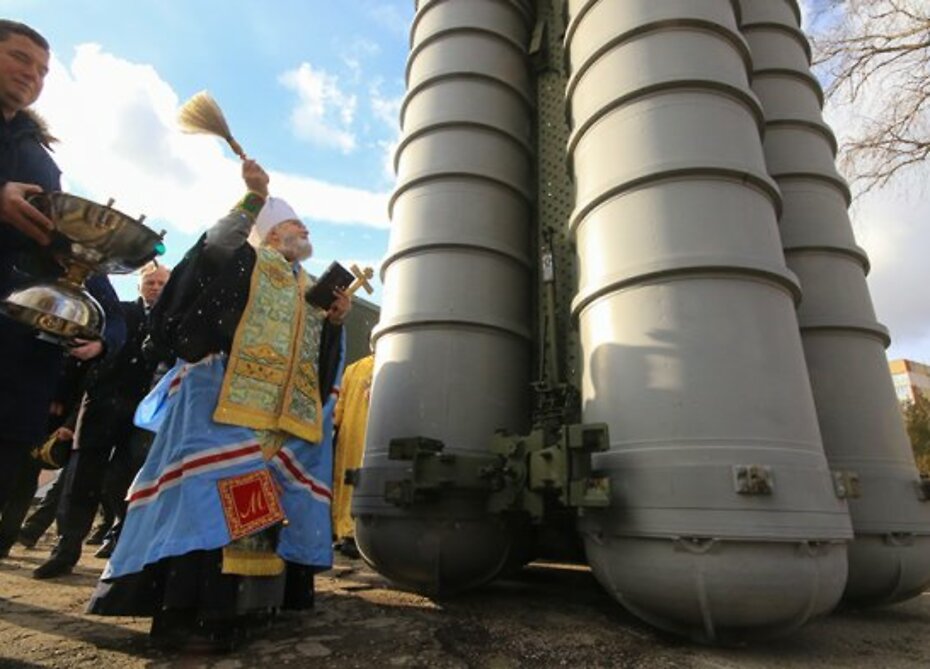A representative survey commissioned by the Munich Security Conference for its annual report found that the vast majority of Ukrainians would keep fighting the Russian invasion even in the event of a nuclear strike and see Crimea as indispensable, Tagesspiegel reported.
Committed to have an idea of how Ukrainians themselves view escalation risks, ceasefire conditions, and long-term security guarantees, it found that Ukrainians view the very factors that are decisive for shaping German policy towards Russia — i.e. risk of an escalation — very differently than Germans.
Particularly, “respondents in Ukraine are surprisingly unperturbed by Moscow’s threats, even though the people there would be the first victims of a Russian nuclear strike.”
“A Russian use of tactical nuclear weapons is no reason for the overwhelming majority to stop the resistance. 89% of those surveyed said they would continue to fight even in the event of a nuclear attack on a Ukrainian city. Apparently, they weight the risk associated with giving way significantly higher than a possible nuclear escalation,” Tagesspiegel writes.
From “nuclear backpacks” to “orgy” plans – Ukrainians brace for a nuclear strike
The question of acceptable conditions for a ceasefire with Russia also leads to clear answers. For the vast majority, restoring sovereignty over all Ukrainian territory is a prerequisite for a ceasefire and negotiations.
For 85% of those surveyed, Russia's withdrawal to pre-24 February 2022 positions is not an acceptable basis for a ceasefire.
Regarding long-term security guarantees
- 75% of Ukrainians believe that without Western security guarantees, Ukraine will never be safe from Russia;
- 72% require long-term supplies of arms from the West;
- 2/3 are convinced that Ukraine will never be safe outside of NATO.
These attitudes of Ukrainians "limit the menu of resilient peace solutions," the Munich Security Forum researchers write.
"On the one hand, the cohesion of the Ukrainian population, united in their determination to defend their own democracy against Russia's autocratic revisionism, is a key reason for Ukraine's amazing resilience. The outcome of the war will therefore probably also depend on whether this determination can be maintained when one's own goals may not be achieved. On the other hand, the Ukrainian government's room for maneuver also depends on public opinion," they note, reminding that if Zelenskyy wants to remain president next year, he is "far less free" in defining his negotiating goals than Putin the autocrat.
"Anyone who is serious about the mantra that nothing should be decided over the heads of the Ukrainians would do well to listen carefully and to consider public opinion in political decisions," Tagesspiegel sums up.
Related:
- Ukrainians in all regions overwhelmingly reject territorial concessions to Russia – poll
- Poles stand for long-term support of Ukraine, Germans divided – polls
- Russian nuclear strike would almost certainly draw “physical response,” NATO official said
- From "nuclear backpacks" to "orgy" plans – Ukrainians brace for a nuclear strike




